- Learning time
- 10 minutes
- First play time
- 45 minutes
The Shipwreck Arcana
Designed by: Kevin Bishop
The Shipwreck Aracana is a cooperative game for two to five people, where players use logic to try and escape a drowned world by predicting each other’s fate before the doom clock tolls.
The game is comprised of a deck of tarot style cards, and a bag of wooden fate tokens numbered 1 to 7. Four of the cards are played face up, in a line, with the special hours card at the end (this serves as a score tracker for the players and the doom, and is also useful in game). On a given players turn, they will draw from the bag until they have two fate tokens hidden in hand. They will play one fate onto one of the cards, and then the other players are allowed to guess at the value of the fate still in hand. If they guess correctly, they move one point nearer to the winning score. If they’re incorrect, the doom token moves instead. If the players get to 7 points before the doom token gets there, they win.
The cards have conditions on them, or other, similar instructions. For instance, one card says “If the sum of your fates is 5 or less, play one of them here”. Another example: “If the difference between your fates is equal to a visible fate, play your higher fate here.”
So your fellow players will be able to make some deductions based on where you have played a fate, and of course, where you haven’t. To aid with this, each player has a set of 1 to 7 tokens in front of them, which can be flipped to show numbers that the group have eliminated.
Each card also has a number of moons on it, between 2 and 4. The fates have pips from 1 to 3 on them, as once the number of pips accrued is equal or higher than the number of moons, the card fades at the end of the turn. When a card fades, several things happen. The card gets flipped over, and becomes a useful extra one-off power for use by the players, and the top card of the deck (which is always visible) takes it’s place in the row. The other thing that happens is that the doom track moves two points closer to 7, which is fairly disastrous. However, if the players made a correct prediction on the turn, the doom doesn’t score.
So players are trying to only fill cards and have them fade on turns where they’re sure their fellow players will be able to make a correct prediction. It all adds up to a curious logic challenge, pitched somewhere between Mysterium and Mastermind. Each play will be different depending on what cards come out, and indeed what fate tiles are drawn.
The Shipwreck Arcana is a compact, clever and quite unusual little game that will appeal to fans of logic puzzles and cooperative games which can’t be dominated by a single strong-willed player.
Joe says
I've played this twice now as a two-player game, and I'd like to play again with more players. It's very satisfying, and since you're unable to communicate directly you are reliant on your fellow players using their initiative as well as all the tools at their disposal. They may be able to narrow the field to two possibilities logically, but then have to use a hint card to eliminate the remaining wrong answer - but have they spotted that they can use the hint!? It's a scratches a very nice puzzly, deductive reasoning itch for me, and I can see it working well with families who would like to get their kids thinking in an enjoyable way.
The guru's verdict
-
Take That!
Take That!
This is a cooperative game, so there won't be any sore losers.
-
Fidget Factor!
Fidget Factor!
All players are engaged on every turn - either guessing or playing a fate.
-
Brain Burn!
Brain Burn!
The logic needed is simple, and highly satisfying if you like that sort of challenge - though it could leave younger players frustrated. But since players all work together, less experienced players can be helped along.
-
Again Again!
Again Again!
The cards that come out will be a different combination each time, so the gameplay will have endless iterations, and hold an enduring fascination for logic-lovers.

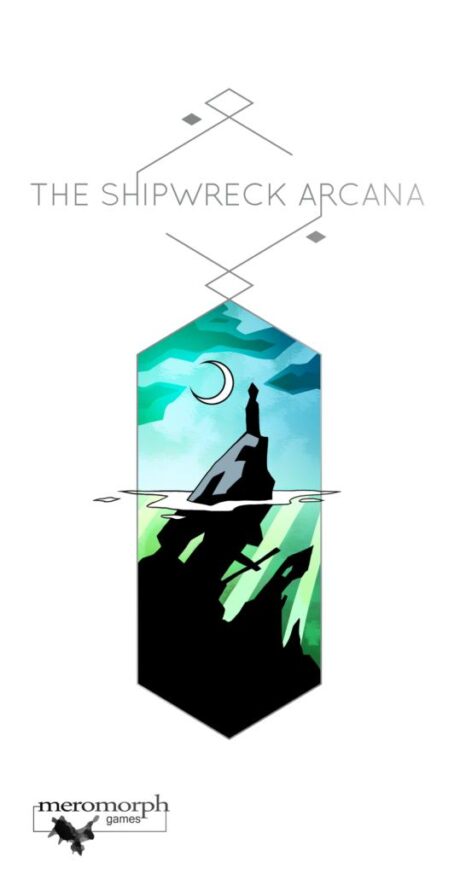




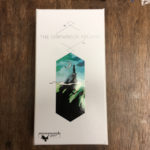
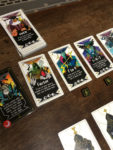


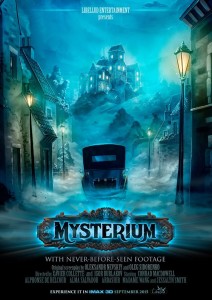
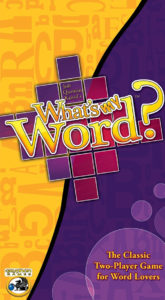
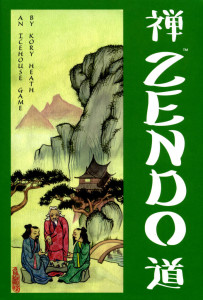
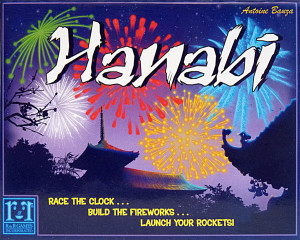
Sam says
Only two plays so far, but I quite enjoyed the deductive element here. We blasted our way to a quick victory, and a slower one, but in both games we were playing with a data analysis expert, so that might have had something to do with it. A clever game though, with quite arresting artwork.